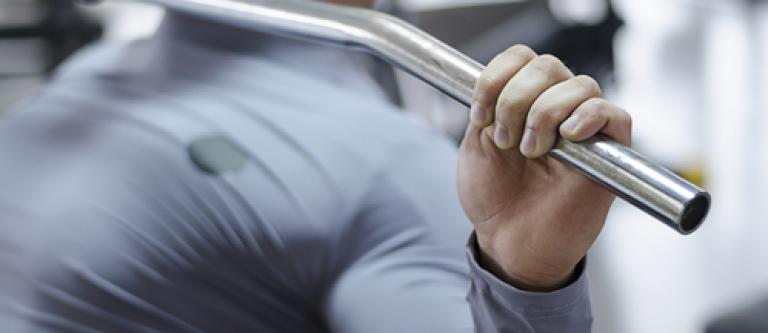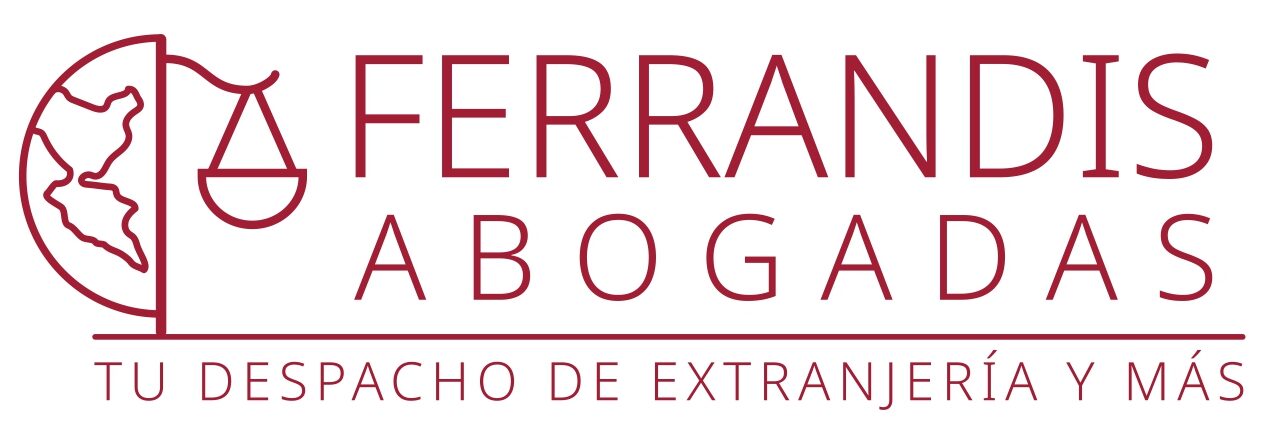
The TS considers the cardiovascular episode whose symptoms debut during work, although it is only triggered after the end of the day, while the worker is exercising in the gym. The presumption plays even if the deceased suffers from previous cardiovascular injuries.
The cause suffered ischemic heart disease having performed a triple bay-pass. On the day of his death doing his job, he said he was not feeling well and when his colleagues appreciated that he was sweaty and pale and they recommended that he go to the gym that the company paid to its managers. Practicing sports, he had a cardiac event about 13 hours as a result of which he died. The cause of death was ischemic heart disease. The worker’s wife applies for a widow’s pension for professional contingencies. It demands that the professional origin of the death be recognized, which is dismissed by both the Mutual collaborator, as well as by the court and the TSJ in supplication, considering that the etiology of the death of the deceased are common contingencies. The wife files an appeal for the unification of doctrine. The question debated consists in determining if the presumption of labor operates despite the fact that, although the symptoms manifested during the work day, the death occurred at the end of the same while exercising in the gym; and despite the fact that the worker suffered previous heart problems. The ruling of the TS of March 20, 2018 reminds that The LGSS / 94 art.115.3 (current LGSS / 15 art. 156.3) establishes that, unless proven otherwise, the injuries suffered by the worker during the time and in the workplace. In the case prosecuted although the cardiovascular accident is externalized when you are in the gym, it has started while you were in full development of your work, so that having occurred the brain injury in time and place of work, enters at stake the presumption established by the LGSS. Although it could be assumed that the coet aneneity between the time of death and the practice of sport prevents the presumption of labor from playing, it is a dragged disease, which was born professionally because it is detected in place and time of work, and this labor nature does not disappear because the worker has completed his work activity and only subsequently the fatal outcome is triggered. Nor does it break the presumption that the worker suffered from the disease before or because symptoms had occurred before starting work, since what is valued is work as a trigger for a crisis, and is not excluded only by the proof of that the disease was suffered before; well, even if that were the case, it is the crisis and not the previous ailment that must be taken into account for protection purposes. In addition, although the death is attributed to the “physical demands” of sports activity, the TS recalls that the subsequent aggravation of an occupational pathology is an occupational accident, since the LGSS / 94 art. 115.2.g (current LGSS / 15 art. 156.2.g) considers AT the consequences of the accident that are modified in its nature, duration, severity or termination, due to intercurrent diseases, which constitute complications derived from the pathological process determined by the accident itself or they have their origin in conditions acquired in the new medium in which the patient has been placed for healing. For all these reasons, the appeal for unification of doctrine is estimated and the sentence issued in supplication is revoked and the petition filed by the applicant is requested in order that the widow’s pension recognized in its favor be considered, for all purposes, derived from professional contingency. Note This content belongs to ADN Social, the new intelligent legal information service that allows you to keep up to date with all legislative and jurisprudential developments. In addition to the synthesis, this novelty contains tips and issues to remember. Try it for free for 15 days.

